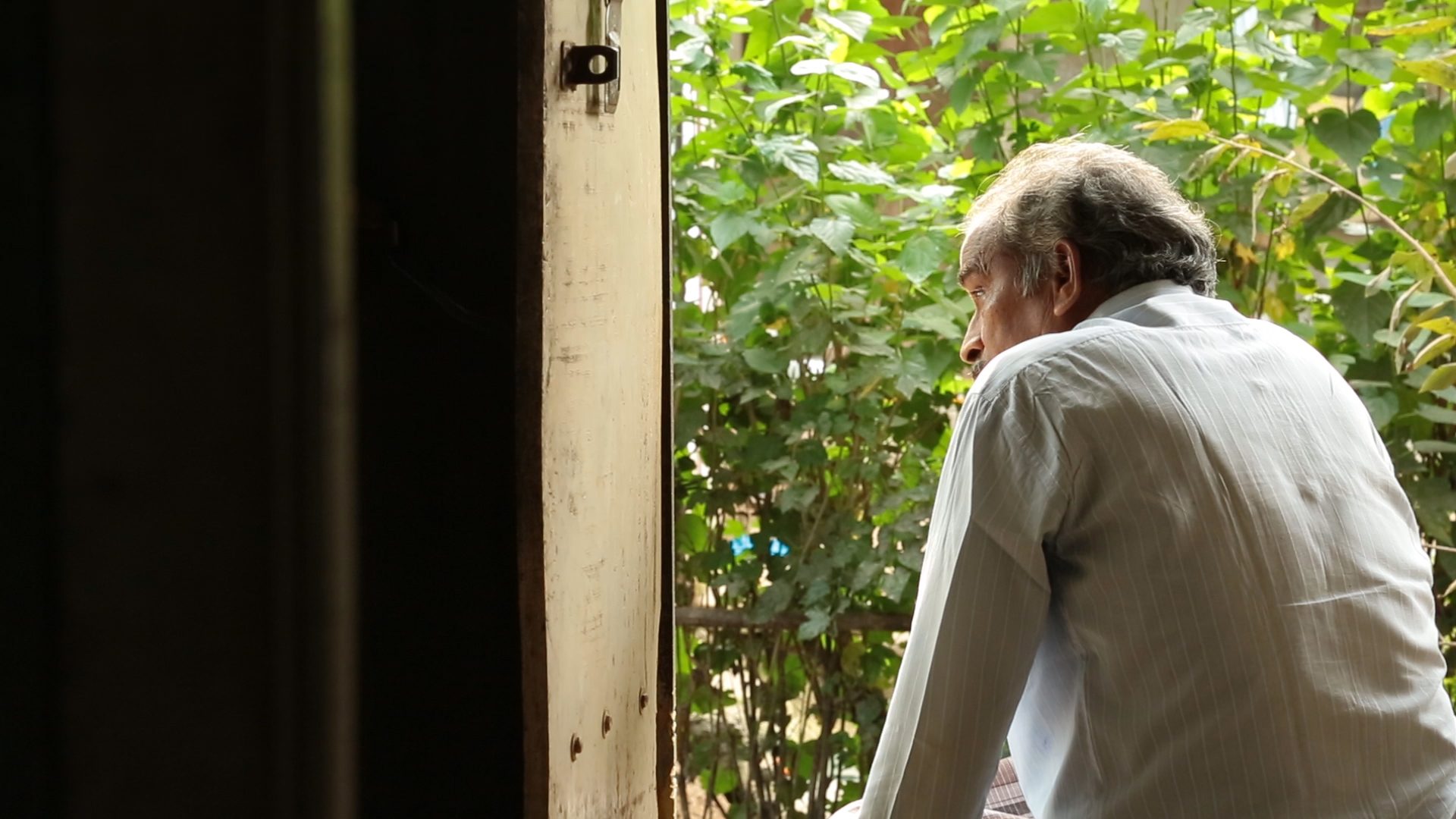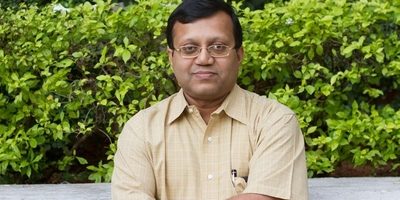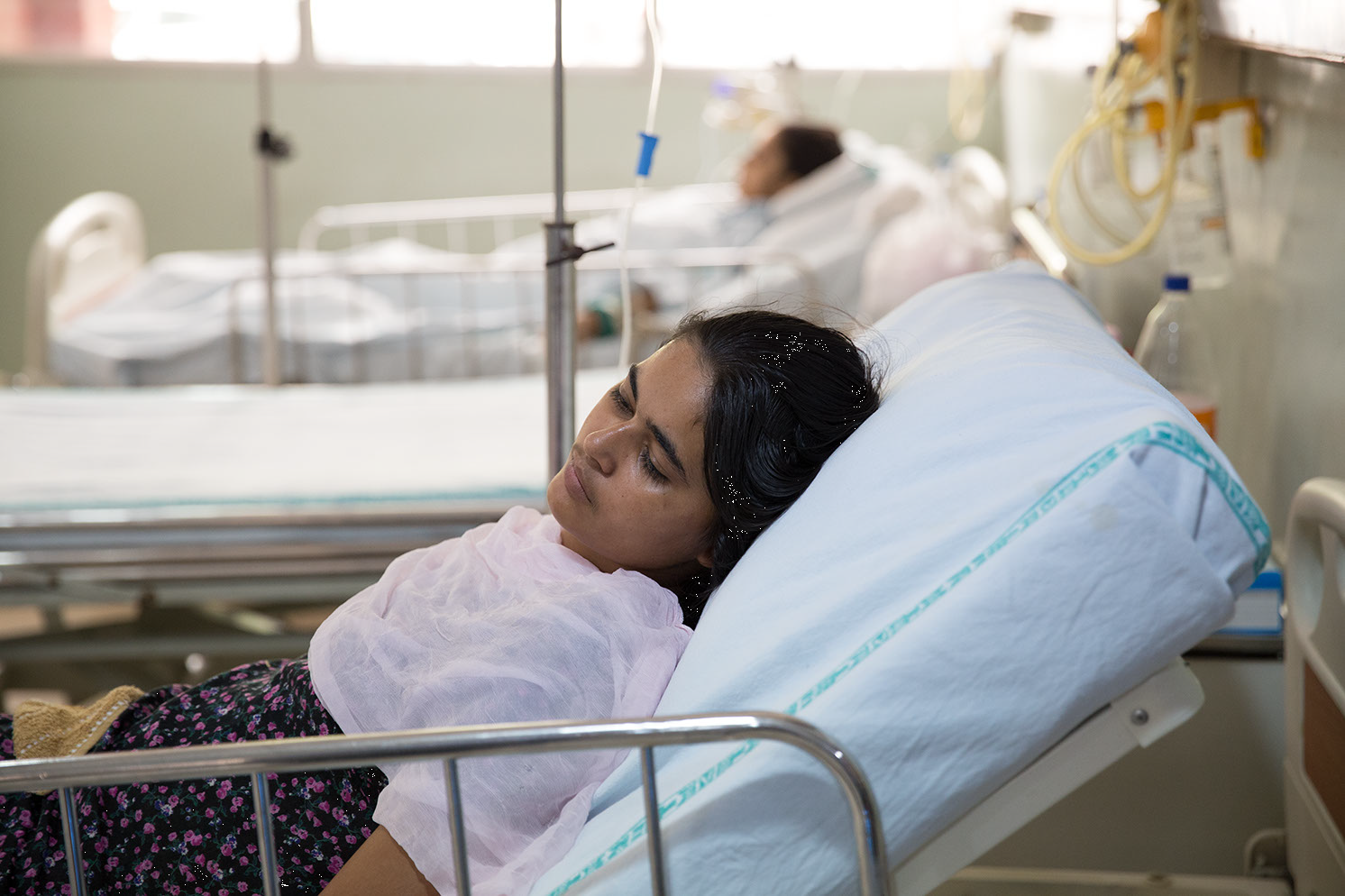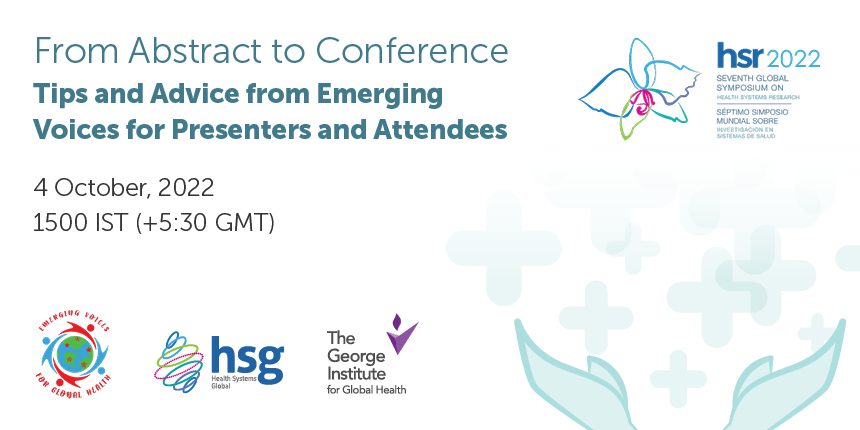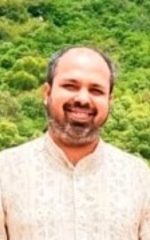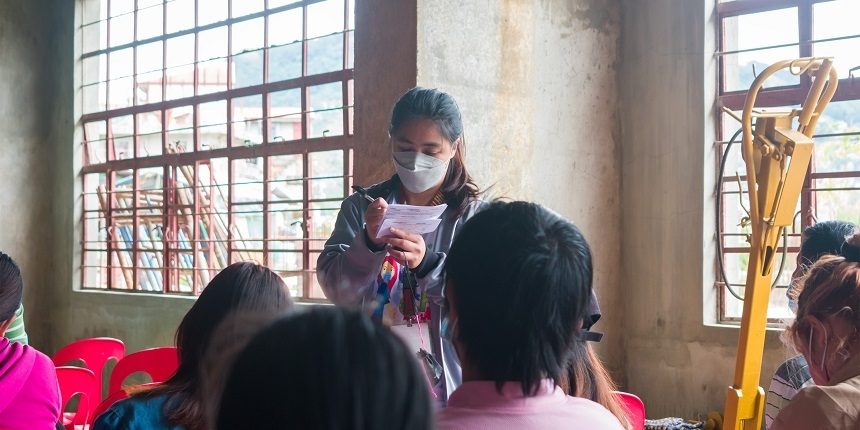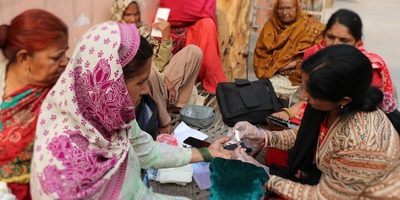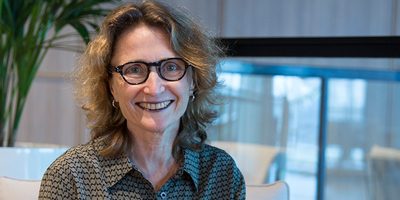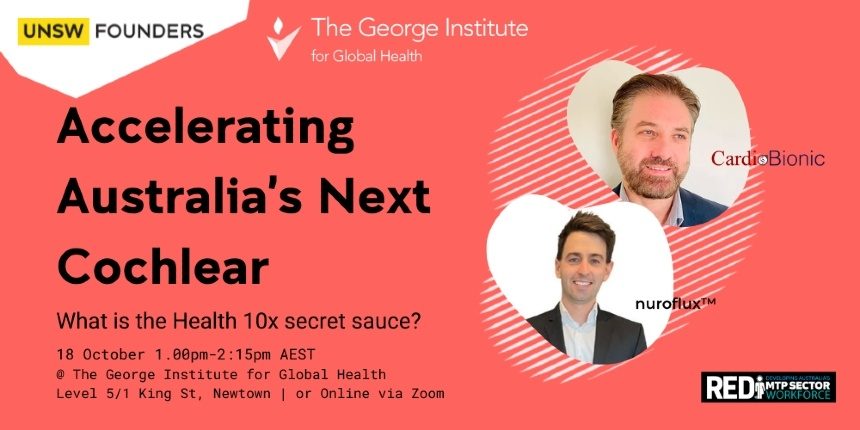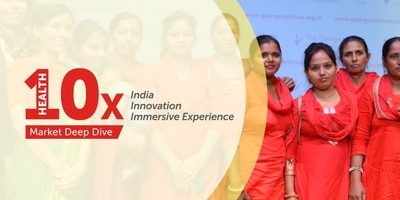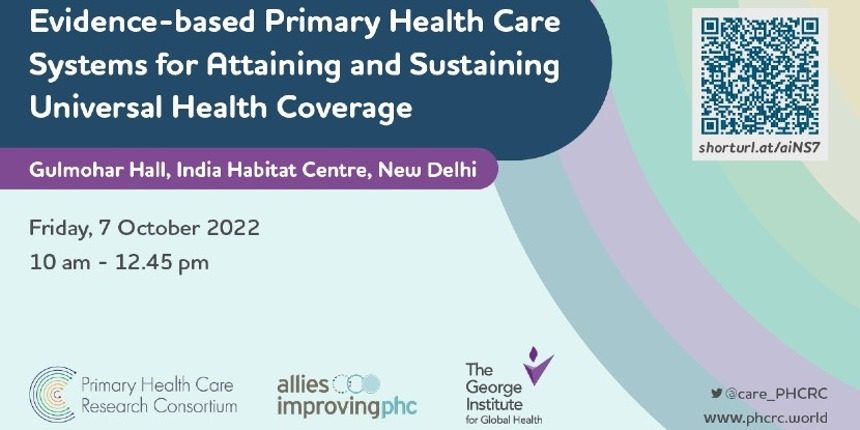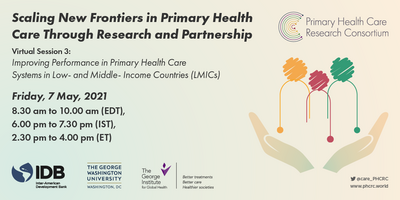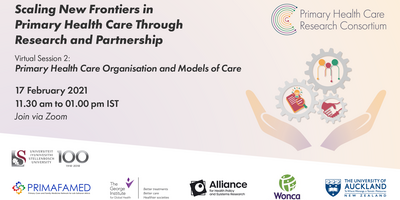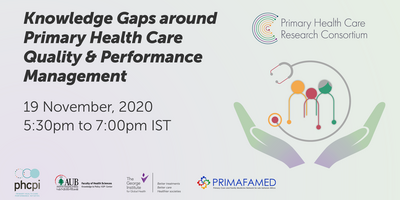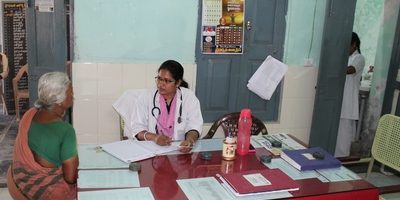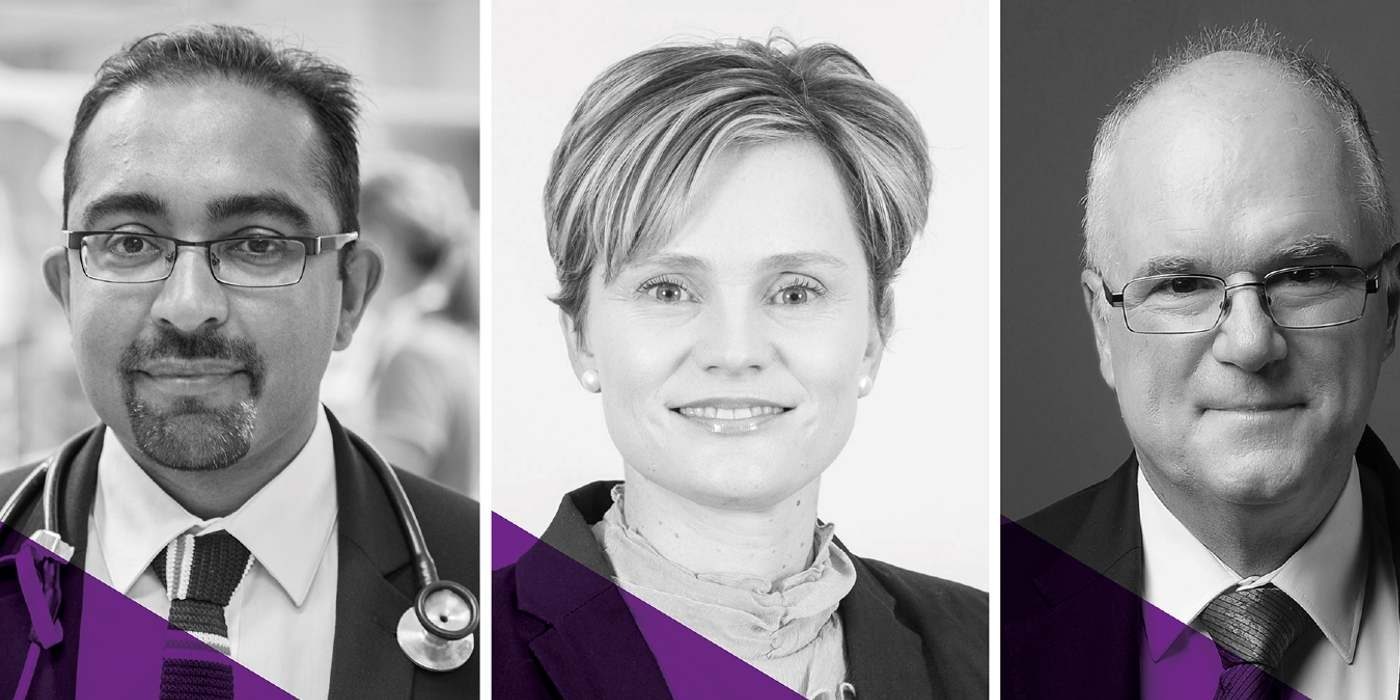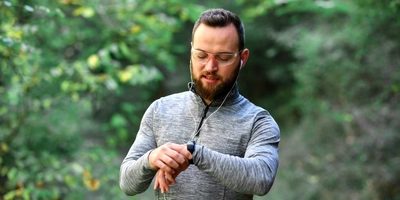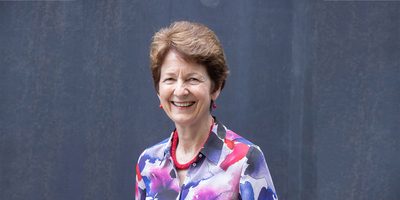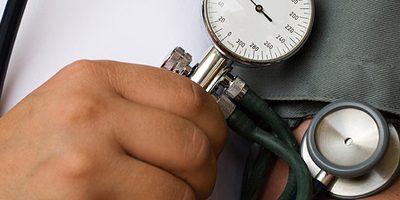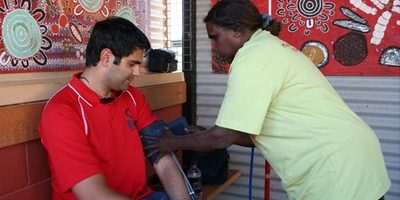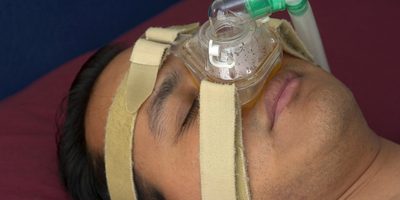Three George Institute researchers have scored finding from the Australian Government’s Medical Research Futures Fund to find new ways of treating high blood pressure and stroke, and preventing brain injury after cardiac arrest.
Will new wearable cuffless devices transform blood pressure control?
Uncontrolled high blood pressure or hypertension is a leading cause of death. Around one in three Australians have the condition and it’s the most common problem managed by General Practitioners (GPs).
If all Australians currently living with high blood pressure were properly treated, as many as 83,000 lives could be saved resulting in a $91.6 billion return. But GPs are hesitant to start or intensify blood pressure treatment after high readings in the clinic due to uncertainty about the reliability of these readings.
All major hypertension guidelines now recommend out-of-office blood pressure measurement, such as home blood pressure monitoring or 24-hour monitoring. The next generation of wrist-worn wearable blood pressure devices without a cuff hold promise as they are calibrated with a cuff and then take hundreds of blood pressure readings in a week without the user being aware. But the Australian marketplace is dominated by devices that are not validated for accuracy.
Professor Alta Schutte will lead the NEXTGEN-BP trial to assess the effectiveness of using a new strategy to manage high blood pressure in primary care. GPs will be guided on medication prescriptions based on hundreds of home blood pressure readings taken from a wrist-worn device, and this will be compared to usual care in around 600 patients over 12 months.
It is hoped that if successful, long-term automated blood pressure readings at home could be rapidly translated into practice, particularly in rural and remote communities, and facilitated through GP telehealth services.
Can machine learning can help guide treatment decisions after a bleed in the brain?
Stroke due to intracerebral haemorrhage (ICH), or spontaneous bleeding into the brain, affects several thousand people in Australia each year. It accounts for greater death and disability than the more common acute ischaemic stroke, caused by a blockage of a blood vessel to the brain. There are fewer proven treatments for ICH, it often affects younger adults, and there are high risks of recurrent serious cardiovascular events.
Clinicians are often faced with making difficult decisions for critically unwell patients with ICH arriving at the hospital. They also need to discuss sensitive topics with family members based on likely outcomes for their loved ones, such as withdrawing active treatment or sending them directly to a nursing home without any rehabilitation.
Although a range of scales or prediction tools have been developed to guide clinicians in managing patients with acute ICH, they have limited use as they are not particularly sensitive, include only a few variables, and are not adaptable to the changing condition of the patient.
Professor Craig Anderson will lead a study using deep learning - a subfield of machine learning - that integrates brain imaging and clinical datasets using a complex structure of algorithms modelled on the human brain to make predictions and help guide treatment decisions for ICH patients.
The funding will help the team develop a prototype device ready to scale up for testing in a large study to determine prediction accuracy and utility in routine clinical practice.
Preventing brain injury from lack of oxygen after cardiac arrest
Over 24,000 Australians will have a cardiac arrest in the community each year. Just over a third will be resuscitated and admitted to hospital, most unconscious and needing treatment in an ICU. Just forty per cent of those admitted to ICU will be discharged alive.
ICU admission costs alone exceed $120,000 for an average 10-day stay. The ongoing community-based costs for those with resulting brain injury is $34,000 per patient each year. Given the devastating mortality, longer term health impact and financial costs involved, treatment strategies that prevent brain injury, improve survival, and reduce costs, are vitally important.
While sedation, temperature and blood pressure control are widely used in intensive care units to improve outcomes in people who have had a cardiac arrest, the optimum targets for these interventions are unknown.
Dr Manoj Saxena will lead the Australian arm of the STEPCARE trial, involving The George Institute for Global Health, Lund University in Sweden, and Helsinki University, Finland. The combined teams will recruit over 3,000 patients to assess the effects of these interventions on survival, functional recovery, brain function, and health-related quality of life after cardiac arrest.
The results are set to inform intensive care policy and practice not only in in Australia but also around the world.



